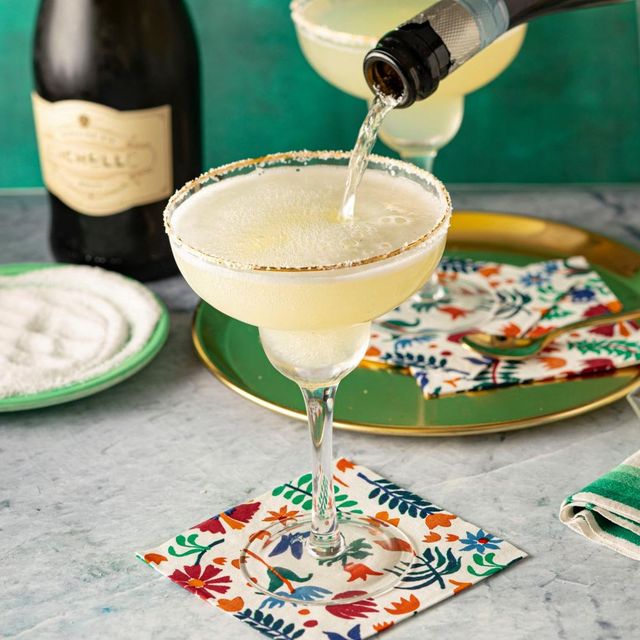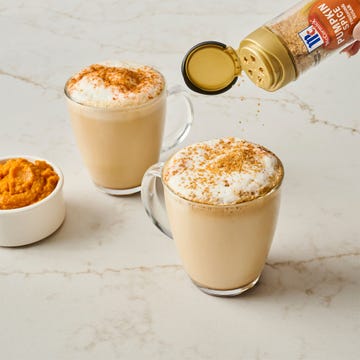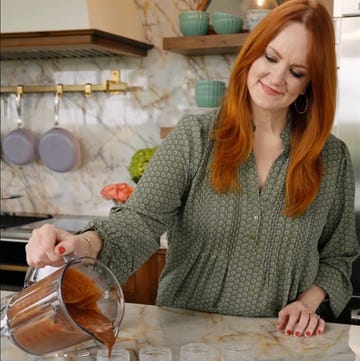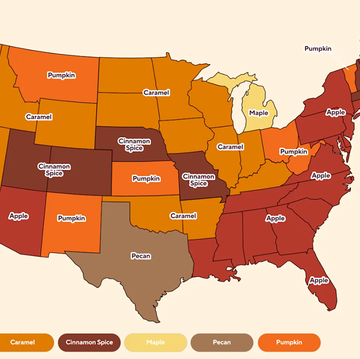The world of wine can be seriously confusing. Whether you're shopping for a smooth red wine, crisp white, blush rosé, or something a bit more bubbly, the types of wine, brands, and drastic price differences found on any market's wine aisle can leave a casual drinker dumbfounded. But that's especially true when it comes to sparkling wine... or is it champagne... or is it prosecco?
Bottles of bubbly are what you reach for to celebrate an anniversary, kick off weekend brunch with a bang, or make a festive sparkling margarita any night of the week. But how do you know which bottle to choose, and is there really a difference between champagne, prosecco, and sparkling wine? The three may have similarities, but they aren't all created the same. We're here to crack the code on all the bubbly beverages! Before you choose the best champagne for mimosas, read on to learn the difference between bottles. Soon, you'll be toasting with confidence!
What is the difference between champagne, prosecco, and sparkling wine?
Champagne and prosecco are technically sparkling wines, but not every sparkling wine is champagne or prosecco. The major difference between the three comes down to where they're made. For a beverage to be considered champagne, it, by law, has to be made in the Champagne region of France. Prosecco, on the other hand, hails from Italy. Everything else? That's sparkling wine.
But differences also come down to how each is made. Champagne is made with three main grape types—chardonnay, pinot noir, and pinot meunier—and fermented twice. The harvested grapes are pressed and then fermented, but then the mixture is bottled and fermented a second time. To be called prosecco, the wine must be made of at least 85 percent Glera grapes. It's made using what's called the Charmat Method which, unlike champagne, carries out the second fermentation in a large tank rather than in the bottles. While champagne and prosecco are seemingly rule-bound, sparkling wine can be made with any grape and in any part of the world.
Another difference between champagne, prosecco, and sparkling wine is the price. Champagne and prosecco will always be your pricier options. Sparkling wine is typically more budget friendly.
Does sparkling wine taste better than champagne?
It's all about personal preference and the type of sparkling wine you're using for comparison. Champagne tends to taste more full-bodied, yet dry, while sparkling wine is fruitier and often sweeter tasting.
Can you substitute sparkling wine for champagne?
Certainly! A smart swap is a sparkling wine from Spain called cava. You get the refreshing crispness and acidity of champagne, but without the steep price tag. Of course, prosecco is also a great substitute for champagne.














